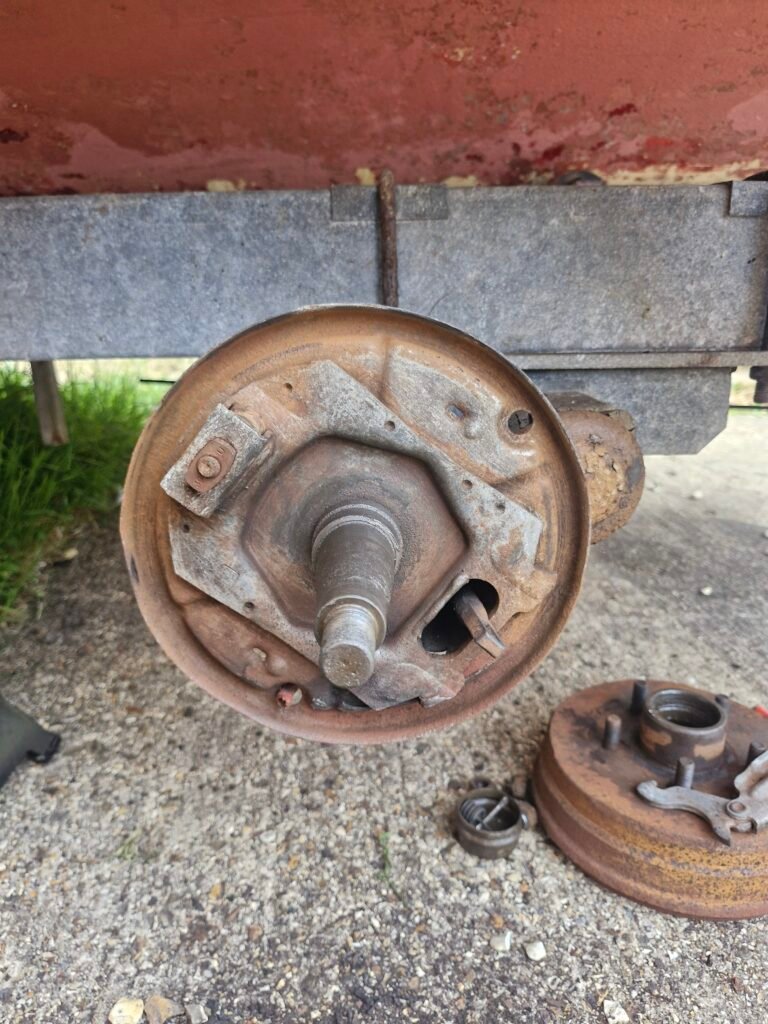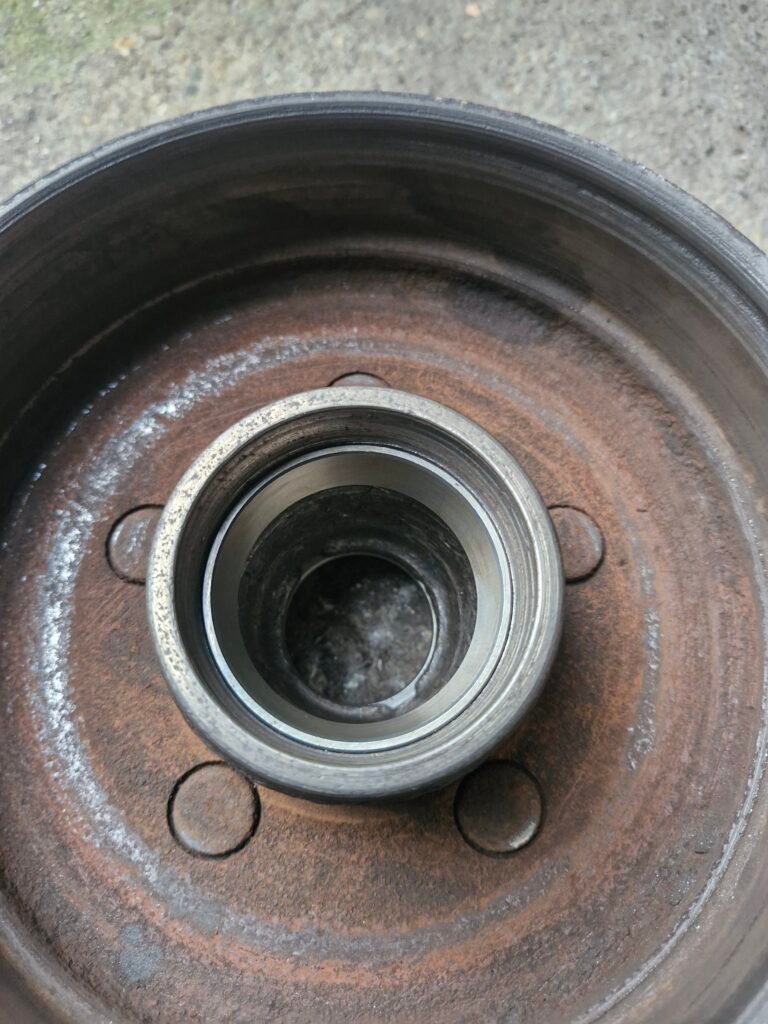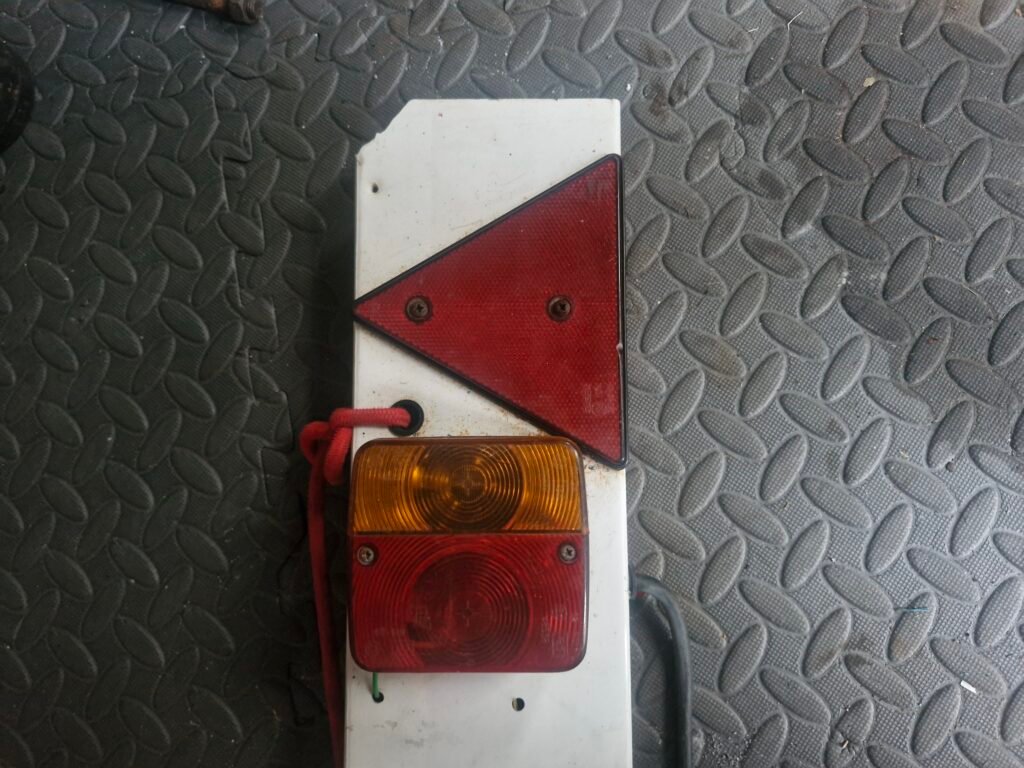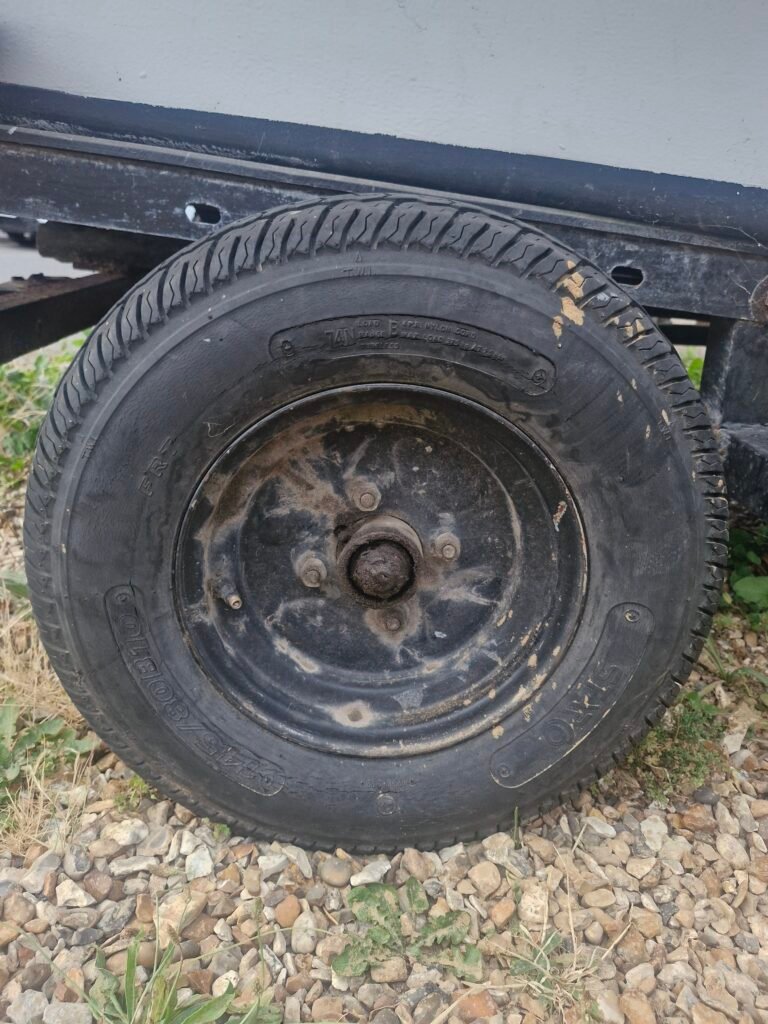Services
Mobile Trailer Repair And Assistance Services
SERVICES
Trailer Servicing
Emergency Call-Outs
Welding & Fabrication
Trailer Electrics
Pre-Journey Safety Checks
Wheel Bearings & Hubs
Regular Maintenance
Replacement Parts
Trailer Brake Repairs
Keep your trailer safe with our expert brake repair service. Whether your brakes are sticking, noisy, or failing to stop properly, we come to you and fix the issue on-site.
✅ Fully mobile, fast, and reliable.
✅ Perfect for boat, horse, and plant trailers.
Slipway Rescue offers trusted Mobile Trailer Repair and Assistance Services for all types of braking systems.


Wheel Bearing Replacement
Noisy hubs or wobbly wheels? You may need a wheel bearing replacement.
We inspect, grease, or replace trailer bearings on the spot — avoiding breakdowns or wheel failures.
Part of our reliable Mobile Trailer Repair and Assistance Services — done wherever your trailer is.
Trailer Lighting & Electrical Repairs
Trailer lights not working? Indicators flickering? We handle electrical faults, broken plugs, and poor connections.
We’ll get your trailer fully legal and road-ready, right from your driveway or job site.
Choose Slipway Rescue for professional Mobile Trailer Repair and Assistance Services — including full light diagnostics.


Tyre Checks & Replacement
Worn or cracked tyres are a major safety risk.
We check your trailer’s tyres for age, damage, and wear — and can replace them on-site with high-quality replacements to keep you rolling safely.
Mobile Trailer Repair and Assistance Services you can trust — no need to move your trailer.
FAQ
1. How Often Should I Change My Tyres?
Trailer tyres should be replaced every 5 to 6 years, even if the tread looks okay. Tyres degrade over time due to UV, heat, and weather exposure. If you notice cracks, flat spots, or uneven wear, it’s time for a change.
2. What Should I Do If My Trailer Lights Are Not Working?
First, check the plug connection to your vehicle and look for any corroded or loose pins. Then inspect the wiring and bulbs. If the issue continues, we can diagnose and repair faulty wiring or connectors on-site.
3. What Is Included in a Trailer Service?
A full trailer service typically includes:
Wheel bearing inspection & greasing
Brake checks and adjustments
Tyre condition & pressure check
Suspension & coupling inspection
Lighting & electrics test
General safety inspection
Everything is done on-site with your convenience in mind.
4. How Can I Prevent Rust on My Trailer?
To prevent rust:
Rinse your trailer with fresh water after saltwater use
Apply anti-rust spray to vulnerable areas
Store in a dry, covered space if possible
Keep paintwork touched up
Regular servicing helps catch early signs of corrosion.
5. How Often Should I Service My Trailer?
For regular use, a trailer should be serviced at least once a year. If you’re using it heavily — especially for work or long journeys — it’s smart to get a check-up every 6 months.
6. What Should I Do if My Trailer Starts Snaking?
Trailer snaking usually happens due to incorrect loading, worn suspension, or uneven tyre pressure. To prevent it:
Load weight evenly, with ~60% over the axle
Avoid exceeding nose weight
Keep tyres in good condition
We can advise during servicing to help you tow safely.
7. How Do I Know If My Trailer Brakes Need Repair?
Signs your trailer brakes need attention include:
Excessive noise or squeaking
Pulling to one side when braking
The trailer taking longer to stop
The handbrake feeling loose or ineffective
We can inspect and adjust or replace components on-site.
8. Can You Service All Types of Trailers?
Yes! We service all trailers up to 3,500kg, including:
Boat trailers
Plant trailers
Horseboxes
Camping and box trailers
Jet ski trailers
If it tows, we can service it.
9. What’s the Difference Between a Full and a Basic Trailer Service?
A basic service covers safety essentials like wheel bearings, lights, and tyres. A full service is more in-depth — adding brake servicing, suspension checks, and a full inspection of all mechanical and structural parts.
